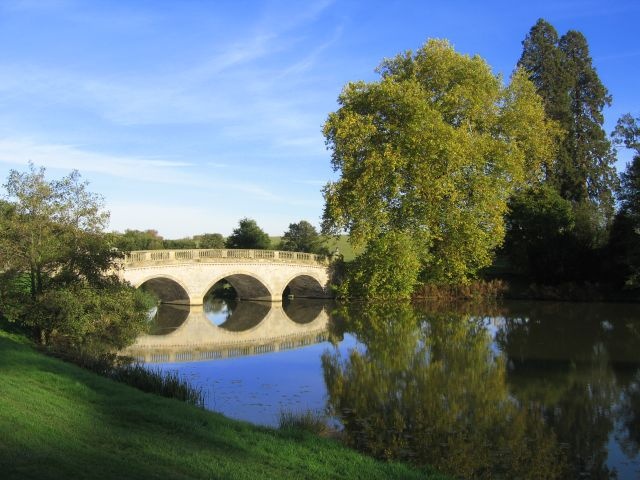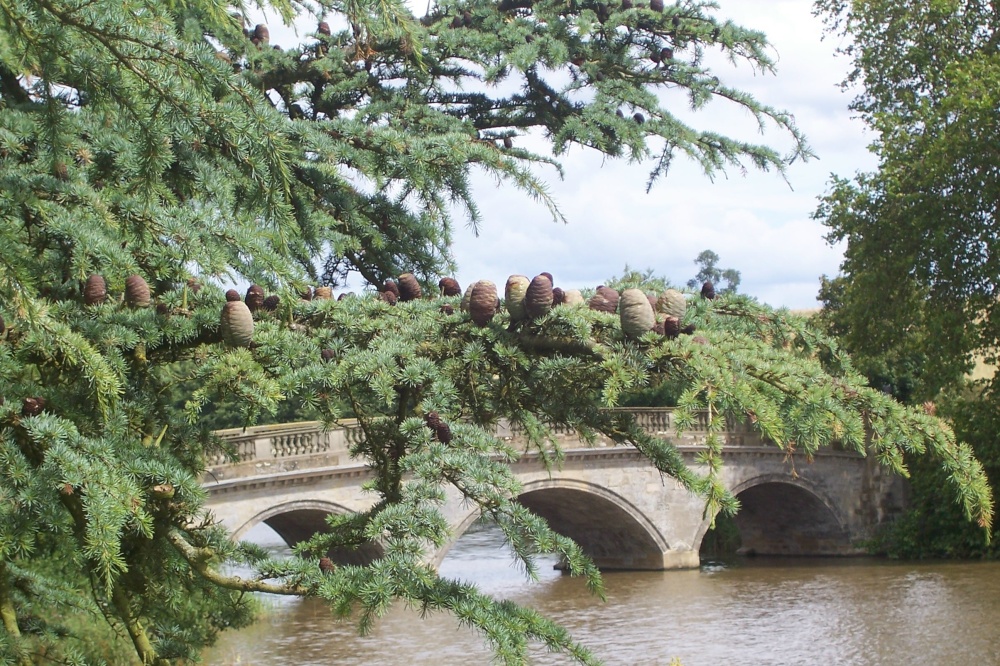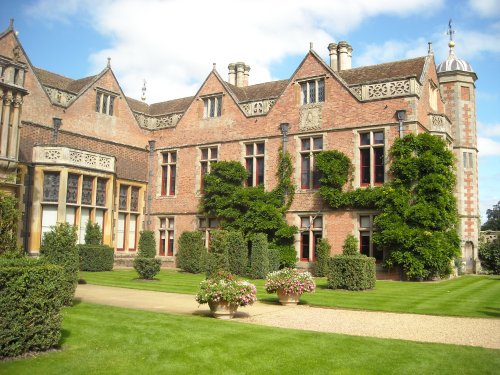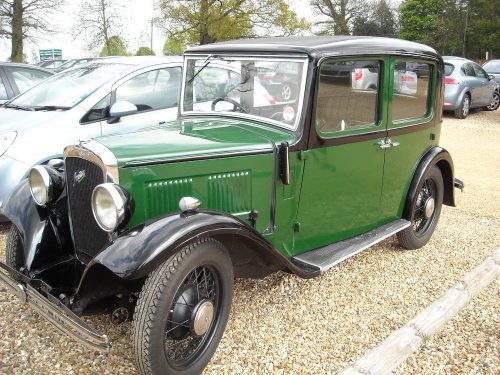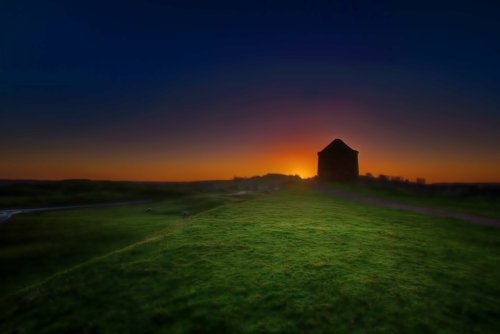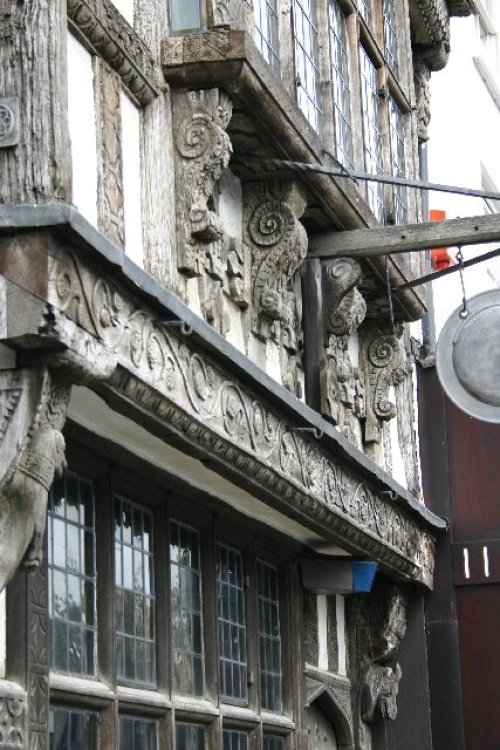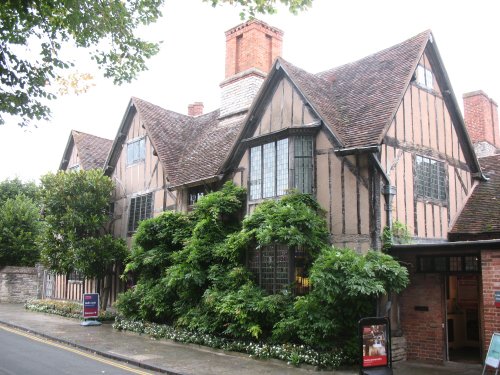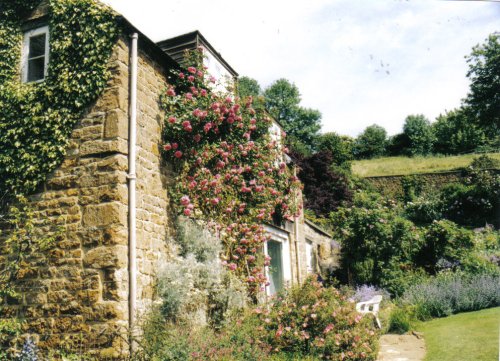Pictures of Compton Verney
About Compton Verney
The village of Compton Verney takes it name from the great house acquired in the 15th-century by the ruthless Verney family. John Verney was granted the estate in 1430 by King Henry VI, he was the first in a line of Verney ownership which was to last for over 500 years. From his hands the house passed to his son Richard (1435-1490) who set about building a new, and more substantial house.
No matter which approach you choose to take, the first impression of this wonderful Neo-classical mansion is simply overwhelming. The sweeping grounds created by Capability Brown with their great stands of limes, cedars and oaks, decorative lake, beautiful ornamental bridge bearing female headed Sphinx, perfectly sets off the graceful lines and classical elegance of this unique, historic house.
There is a kind of magic about Compton Verney, it has a rich and varied history which is conveyed by the historic relics found around the estate. The name Compton translated back into Old English, means settlement in a valley, and there is evidence of a Roman settlement. Flints and Iron-Age pottery have been found, indicative of an earlier occupation. Remains of cottages found along the lake shores, are possibly remains from Medieval times when a manor was established by the Murdak family in the 12th-century, and the village was known as Compton Murdak.
The 18th-century was a time of change, the aristocracy was in the grip of a frenzied desire to alter their lands and remodel their homes. The great houses of Chatsworth and Blenheim Palace, seat of the Dukes of Marlborough where undergoing serious alterations, refurbishment and the new breed of landscape artists, such as Kent, Capability Brown and Humphrey Repton were transforming tired acres into visual matchless masterpieces.
In 1696, the House of Lords had accepted the claim by Richard Verney (d.1711) to take the title of Baron Willoughby de Broke. When he died the title and estates passed to his son George, who became the 12th-Baron Willoughby de Broke, and later George also became Dean of Windsor. It is George who remodelled the house in the Baroque style, put in place the glorious chimney-pieces of Derbyshire marble and created the lovely Gallery. He added to the already wonderful collection of decorative objects and built the ice-house which was in use right up to the 20th-century.
From here-on it became the trend for each successor to leave his mark on the property. In 1736 James Gibb designed a new coach-house and stable bock for John Verney. His elegant classical design remains to mask what are now ten apartments. In 1769 that Capability Brown altered the landscape to suit the subtle, naturalistic style of the day, and built his memorable Sphinx bridge. By this time Robert Adam had completed his grand design for the Hall and the Saloon which were indeed splendidly ornate. Other, less important rooms were the work of local craftsmen.
It was Capability Brown who demolished the old chapel, replacing it with a new chapel to the north of the house, in which he used some of the beautiful heraldic glass reserved from the demolition. The tombs of earlier Verney's were moved into their new resting places.
When John Peyto Verney, 14th Baron Willoughby died in 1816 he had completely transformed both house and grounds. For the remainder of the 19th-century little more was done, save for the erection of an obelisk near the old family vault which was built near the lake in 1848.
In 1887 the family let the mansion and went to live at Kineton. The agricultural depression wreaked havoc with the family fortunes and in 1892 they began to sell off land. Between 1893 and 1897 the 18th Baron had lost his younger son, his daughter and his wife. He himself died in 1902 whilst on a sojourn at sea to regain his health.
Following his father's death, Richard Greville Verney took on the mantle of responsibility. He wrote an evocative book describing life as he remembered it at Compton Verney, it told of the luxury and excesses of aristocratic life in fine detail. The first world war saw the end of the Verney occupation of the once great estate. In 1921 it was sold to Joseph Watson, who was created Baron Lambton of Compton Verney by Lloyd George in the New Years Honours list of 1922. In a cruel twist of fate, the newly created Baron was killed three months later by a fall from his horse. The estate was sold again in 1929, this time it was to Samuel Lamb, a cotton magnate. Luck was not with the Lamb's, and at the outbreak of World War II the house was requisitioned by the Ministry for Home Security. By the end of the war the house was no longer habitable, the Lamb's decided to sell whatever they could and the house was left to fall into disrepair.
The house was rescued in 1993 by Sir Peter Moores CBE, he had inherited the Littlewoods Pools empire. He determined to restore the house and he set up a charitable trust to do so. It required huge funding and a great amount of work, the aim was to establish an arts centre, and finally this year the plan came to fruition and for the first time in over a decade, the house opened its doors to the public in march of this year. Sir Peter has always been an enthusiastic collector and the house displays German paintings collected by him for the Trust, together with a whole range of rare and beautiful treasures which are a joy to behold.
Thus the life of Compton Verney continues, its glittering historic past still fascinates all who enter, but through the imagination and hard work of Sir Peter Moores and other members of the Compton Verney House Trust, its future is assured for generations to come. The art displays are truly stunning, and the architecture of the house is amongst the finest in the land. The grounds remain as lovely as when Capability Brown took them into his safe hands. At Compton Verney there is something for everyone to appreciate. It is a heavenly place, with a unique atmosphere that echoes of long line of Vernon's and an illustrious place in English history.
